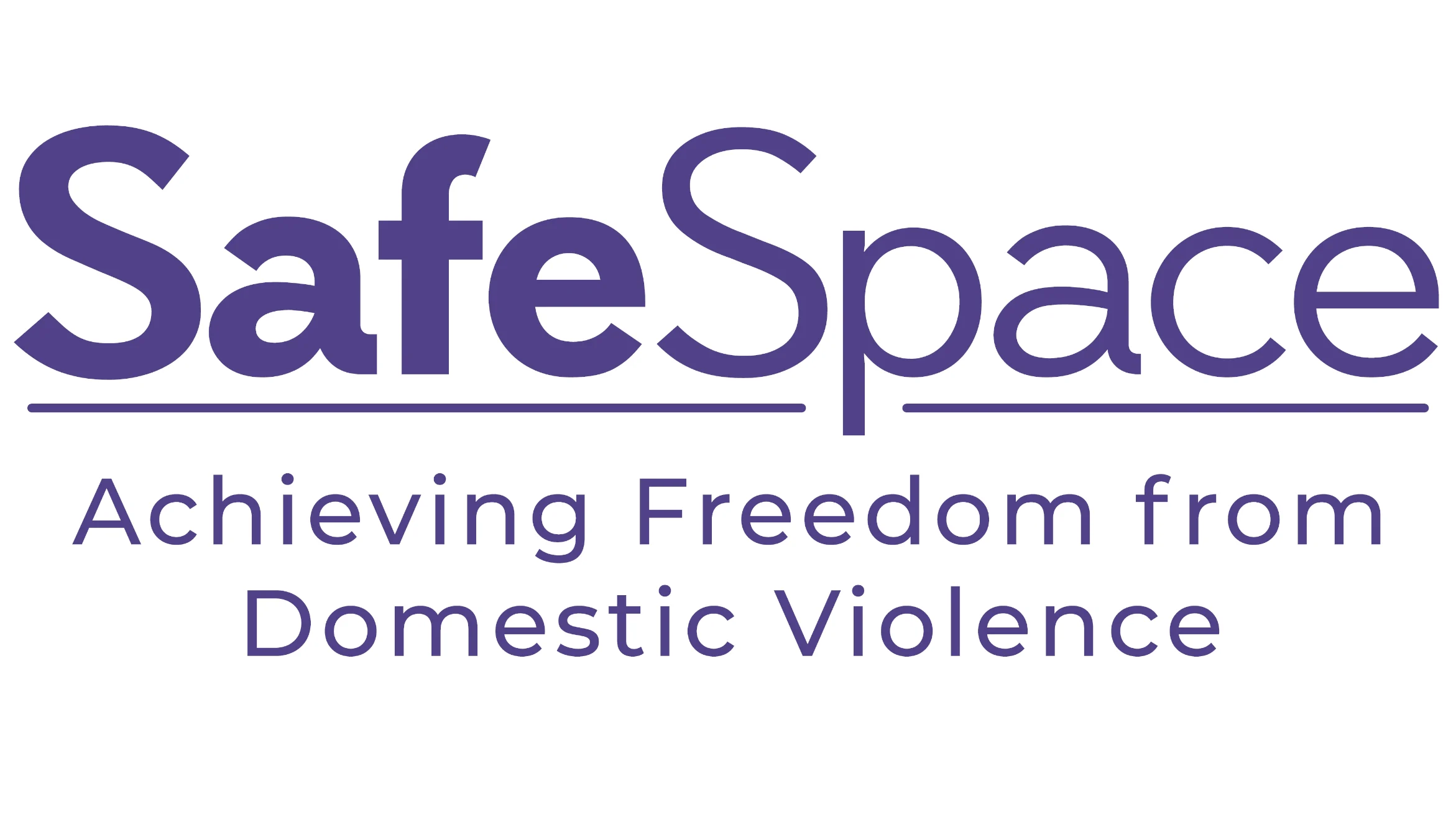If your abuser approaches, click on Safety Exit immediately. Clear your browser history as soon as it is safe to do so.
GET HELP
If you are in imminent danger, please exit the website and call 911.
Please visit this website on a computer, tablet or phone at library or friend’s if you think your device is being monitored.
Safety is the most important thing for victims of domestic violence. If you are in an abusive situation, you are encouraged to develop a safety plan for protecting yourself and your children from domestic violence and/or to help you safely escape from your abuser. The safety plan should be hidden in a safe place where the abuser is unlikely to find it and should be updated regularly as your concerns and situation change. You can call our free confidential 24/7 hotline 772-288-7023 and an advocate will help you complete a risk assessment and create a safety plan to identify resources and options that you determine will work best for you to increase your safety and decrease risk.
Only you can decide whether it would be best to stay or leave your domestic violence situation. Consideration of your safety is critical when choosing whether to remain in your home or seek shelter elsewhere. You also decide if and when you will tell others that you have been abused and are at risk.
Friends, family and co-workers can help protect you if they know what is happening.
The following are some ideas that can be helpful to consider when developing your Safety Plan.
Safety while living with an abusive partner:
- Identify safe areas of the house where there are no weapons or anything that could be used as a weapon and there are exits to escape. Move to those areas if you think your partner may become violent. Do not go to a bathroom, kitchen or near any hard surfaces.
- Don’t run to where the children are, as your partner may hurt them too.
- If your partner becomes violent, make yourself a small target. Curl up into a ball in a corner and protect your face with your arms around each side of your head, fingers entwined.
- If possible, have a phone accessible at all times and know the numbers to call for help. Call 911 for law enforcement or SafeSpace 24/7 hotline 772-288-7023.
- Guns and knives should be locked away and kept as inaccessible as possible.
- Try not to wear scarves or long necklaces that could be used to restrain or strangle you.
- Tell a trusted friend or neighbor of your situation and develop a plan and signal for when you might need help.
- Teach your children how to get help and how to call 911. Tell them not to get involved if your partner becomes violent. Create a code word to signal that they should get help or leave the house and where to go.
- Tell your children that violence is never right even when it’s someone they love. Tell them that neither you, nor they, are at fault or the cause of the violence, and that when anyone is being violent, it is important to stay safe.
- Practice an escape plan (how to get out safely) yourself and with your children.
- Have a packed bag ready. Keep it hidden in a handy place in order to leave quickly or leave the bag with a friend or relative.
- Consider what you will do if your children tells your partner about your escape plan or if your partner otherwise finds out about your plan.
- Make a habit of backing the car into the driveway and keeping it fueled. Hide an extra set of keys where your partner cannot find them.
- Create several plausible reasons for leaving the house any time you feel unsafe.
- Trust your judgment. Consider anything that you feel will keep you safe and give you time to figure out what to do next.
- Plan for your emotional safety as well by seeking out supportive people, creating a peaceful space for yourself and reminding yourself of your value.
If you decide to leave, try to take the following items with you:
- Cell phone and charger, calling card, shelter hotline number
- Marriage license, birth certificates (yours and family’s)
- Divorce and custody papers, restraining order
- Money, checkbooks, bank book, credit cards, ATM cards
- Driver’s license, car registration, title and insurance
- Social Security card, work permit, green card, passport, visa
- Lease, rental agreement or house deed and mortgage payment book
- Medical records and insurance, photos of injuries
- Keys for house, car, office, friend’s
- Medications, glasses, hearing aids etc, for you and your family
- School records
- Personal items – address book, photos, toys
Whether you stay or go, SafeSpace can help. Whether you need shelter or just someone to talk to, call the SafeSpace 24/7 hotline 772-288-7023.
Click here for SafeSpace Programs | Services
